Brazil's third largest supermarket chain, Walmart Brasil ended 2013 with sales of R$ 28.5 billion, over 75,500 employees, distributed across its 5 offices – the company headquarters is located in Barueri, in the metropolitan region of São Paulo – 21 distribution centers and 544 stores, which receive, on average, 1 million consumers daily. The company has a presence in 215 municipalities in 18 Brazilian states and the Federal District, under different brand-names and formats, in addition to its virtual store (www.walmart.com.br), which covers the whole of Brasil. Walmart Brasil is an unlisted company controlled by Wal-Mart Stores, Inc., in Bentonville, Arkansas (United States).
Wal-Mart Stores, Inc. Has been listed on the New York Stock Exchange (NYSE) since 1972 and conforms to all the rules established by the Sarbannes-Oxley Act, which are also complied with by the company in Brazil. For this reason, the information on the processes and numbers of the national operation also undergoes external auditing. 2.1 2.3 2.4 2.5 2.6 2.7 2.8
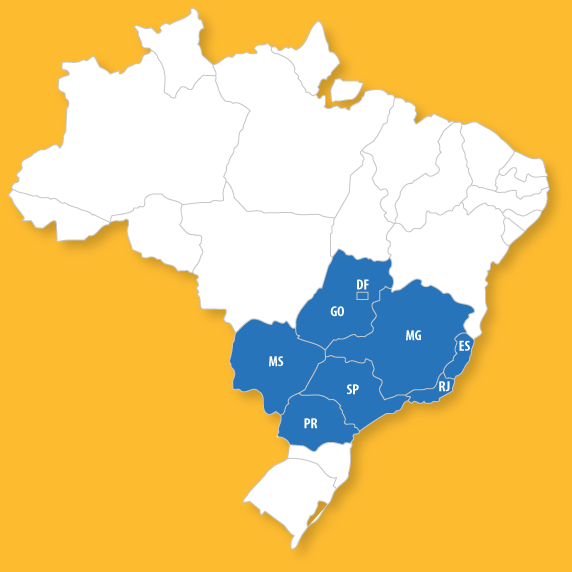
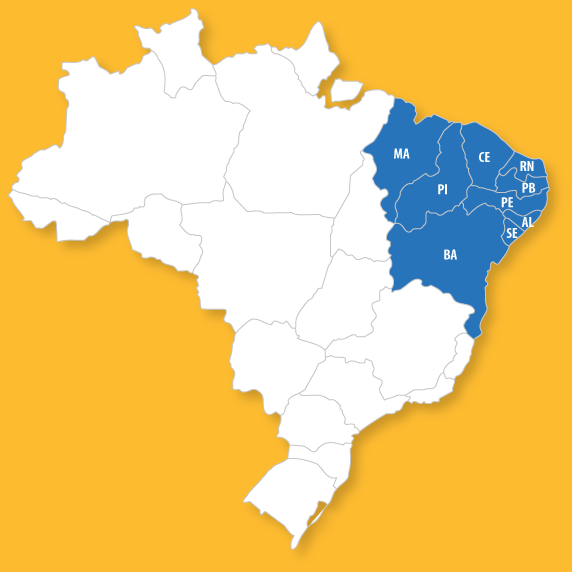
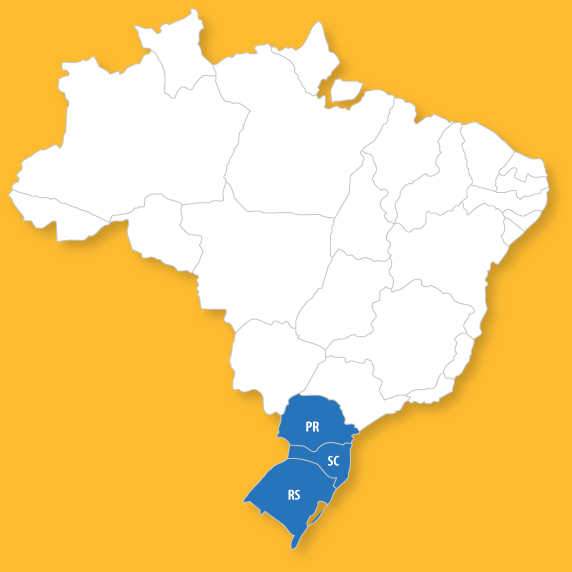
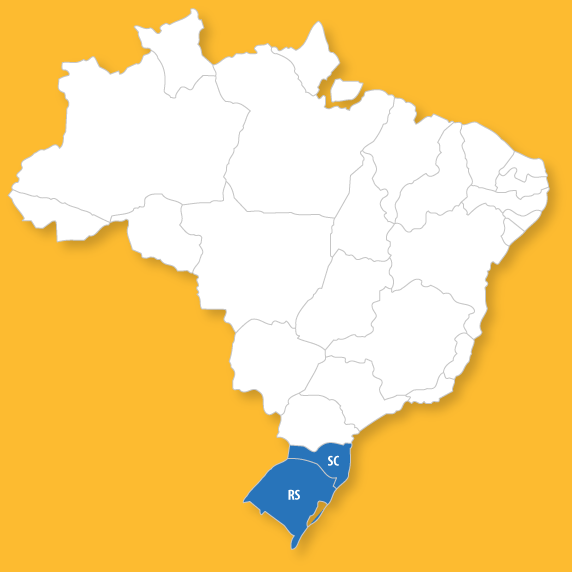
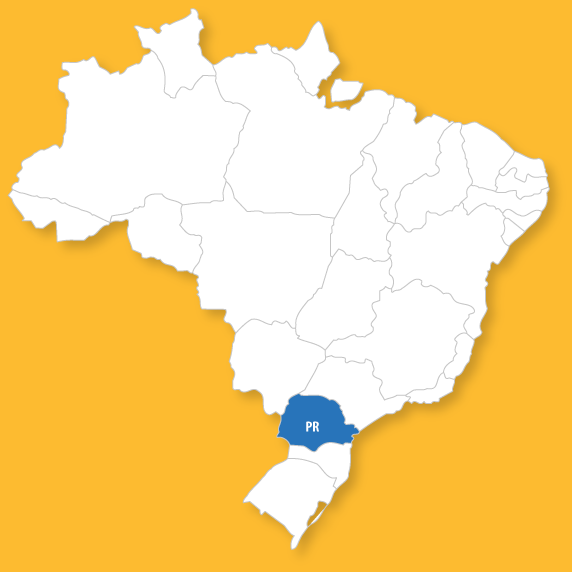

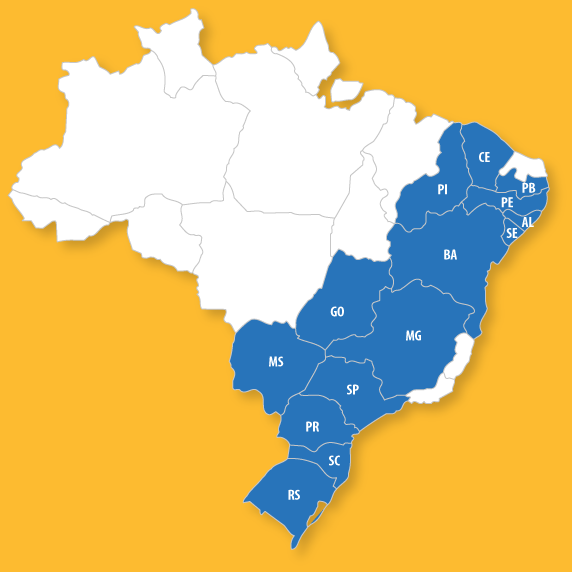
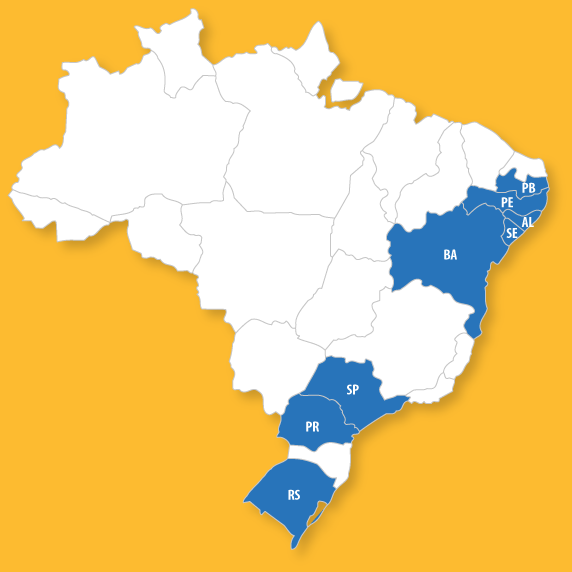
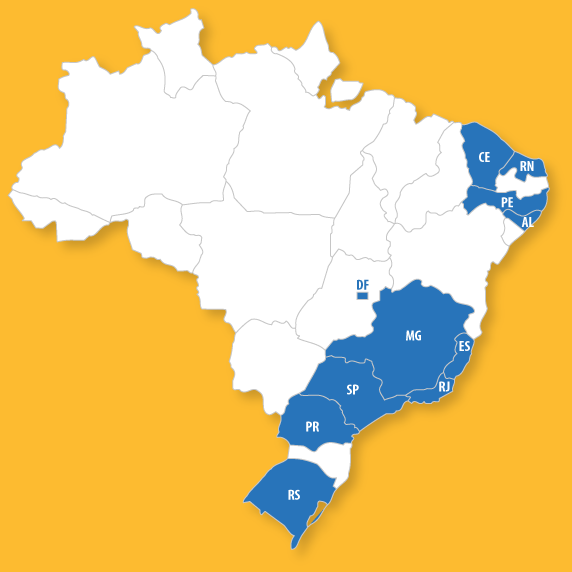
Adopting the same idea of offering convenience in all its brand-names, a variety of services are provided to enable consumers to make optimal use of their time while shopping. This chain has 15 cafeterias, 32 restaurants, 137 photo centers for consumers to develop their photos while shopping, 12 fuel service stations and 241 pharmacies, spread across the Country.
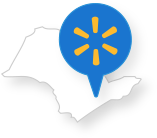
The company makes its debut in Brazil, with the inauguration of five stores in Greater São Paulo.
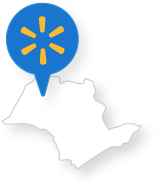
Units in the store chain start to cater to the interior of São Paulo state.

Debut in the state of Paraná with expansion starting in other states.
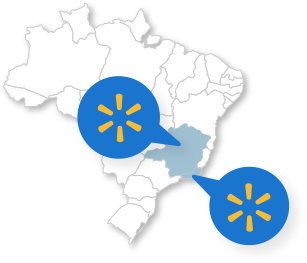
Stores opened in the states of Minas Gerais and Rio de Janeiro.

The first TodoDia store is opened in São Paulo city, while the first distribution centre is inaugurated in Greater São Paulo.

The Producers’ Club comes into being within the Sonae group, subsequently acquired by Walmart.
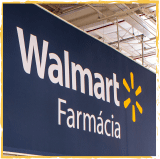
First pharmacy in the store chain inaugurated in São José dos Campos (SP).

Walmart Brasil acquires the Bompreço, chain in the Northeast, and at the end of the year already has 144 stores in the Country.

A total of 140 stores – with the brand names BIG, Mercadorama, Nacional and Maxxi Atacado – are acquired from the Sonae group. Stores are opened in the Federal District, Espírito Santo and in Goiás. The Walmart Institute is created in Brazil, with global sustainability targets being announced by Wal-Mart Stores, Inc.

The Granja Viana Walmart, in São Paulo, is the pilot unit for the creation of eco-efficient stores, incorporating 24 sustainability initiatives. Walmart signs a commitment to the Movement for Sustainable Connections and becomes part of its Executive Committee. The company is also part of the Sustainable Animal Farming Work Group and the Forum for a Sustainable Amazon. Pharmacies in the store chain start to sell generic medicines with a price of up to R$9.90.
Virtual store created www.walmart.com.br while the the first physical eco-efficient unit is opened in Rio de Janeiro (RJ). The program is created Conscientious Customers Deserve a Discount. The store chain makes its debut in the state of Mato Grosso do Sul. Start of Program for Support for the Implementation of National Forest (Flona) in Amapá and the Bombando Cidadania (citizenship awareness) program, in Recife (PE).
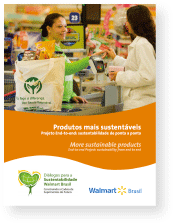
Pact for Sustainability, signed by the company's main suppliers and formalized; End-to-End Sustainability Program makes its debut in its first edition. An eco-distribution center is inaugurated in Betim (MG) and the first Community Store is opened in Recife (PE).

The Walmart Institute creates the Social Retail School. Walmart proposes and signs a Policy of Commitment to Socially Responsible Fish Buying, publicly assuming responsibilities with the Ministry for Fish and Aquaculture. The company prepares to introduce the Everyday Low Prices business philosophy in Brazil.

The Everyday Low Prices philosophy is introduced in Brazil. Poll research search proves the company's efficiency in providing consumer access to lower prices. Walmart creates the Corporate Movement for the Economic Development of Women, known as Movement for Women, 360o, and concludes the second edition of the End-to-End Sustainability program with the launching of a further 13 products. The company leads the world in the group responsible for compiling a Socially Responsible Meat Buying Policy.

Celebration of the first year of Movement for Women, 360o, with the participation of all the signatories of this initiative. The Social Retail School starts to share its methodology and technology internationally, through a partnership between Walmart on a global basis and BID (Inter-American Development Bank), with a focus on training young people in countries in Latin America and the Caribbean, and creating job opportunities for them. The Producers Club celebrates a decade since its creation, serving 8500 families in 12 Brazilian states. The Movement for Women 360o also celebrates its first year of operation, and receives recognition in the form of the Women’s Empowerment Corporate Leadership Award, promoted by the British magazine The New Economy. The Social Retail School awakens interest in its methodology, and starts to be adapted for application in other Latin American countries.
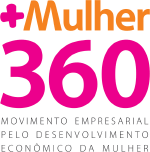
The End-to-End Sustainability Program achieves a record level of participants in its third edition. And a system is launched for the monitoring of beef production in the Amazon region and implemented, while a project is developed for the creation of new beef production models in São Félix do Xingu, in the state of Pará. The first stored to be totally lit using LED lighting is inaugurated in the state of São Paulo. The Producers’ Club is introduced in the Midwest, benefiting more than 150 local farmers and animal breeders. The Social Retail School is established as an international benchmark, while the Movement for Women, 360o commemorates 2 years of existence, and announces the creation of an Organization of Civil Public Interest (Oscip).